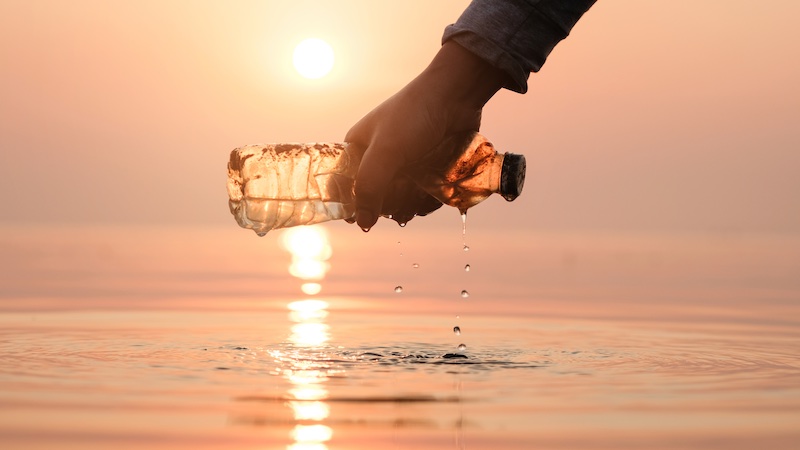These side effects can cleaning the oceans have
The world’s oceans are in a desolate state. More and more companies are therefore dedicating themselves to cleaning the oceans. But as noble as that sounds, there are also some side effects. An analysis.
With the oceans absorbing a large part of our greenhouse gas emissions and at the same time increasing amounts of waste ending up in marine habitats, our seas are not in a good condition. Many companies have therefore dedicated themselves to saving the oceans.
One example is the “The Ocean Cleanup” (TOC) project, which uses gigantic nets to try to fish plastic out of the water. Since work began in 2021, the nonprofit has collected about 200 tons of plastic between California and Hawaii. But as good as the result sounds, there is also a lot of criticism.
Cleaning our oceans can also have side effects
For example, there are allegations that the organization distracts from the actual problem. Ideally, we should start at the cause of the problem and not just clean up afterwards. One new study found out that marine life takes place in the same area where plastic particles also float.
Many organisms clump together with the particles over time and are referred to as “neuston”. These also form a base for other sea creatures.
So if companies fish plastic out of the water where the organisms have clumped, the basis of life for fish, birds, turtles and other animals can be reduced. “The Ocean Cleanup” responded to the allegations and referred to more advanced technologies
The nets swim relatively slowly through bodies of water in order to guarantee that living beings can “jump off” in good time. Animals do end up in the nets again and again, but they only make up a small proportion.
The Ocean Cleanup wants to continuously evolve
Ultimately, cleaning our oceans also comes with some downsides. TOC, for example, emphasizes continuing to research the technology in order to continuously introduce better processes.
In addition, neuston as a deposit is also a foreign body, since such clumps would not form without plastic pollution. As a result, many more research projects are necessary to investigate possible side effects on our ecosystems.
TOC is now also increasingly open to marine biologists and allows feedback from studies to flow into the further development of its own processes. Because in the long term, the environment will only benefit if we consider the oceans as a coherent ecosystem.
Also interesting:



